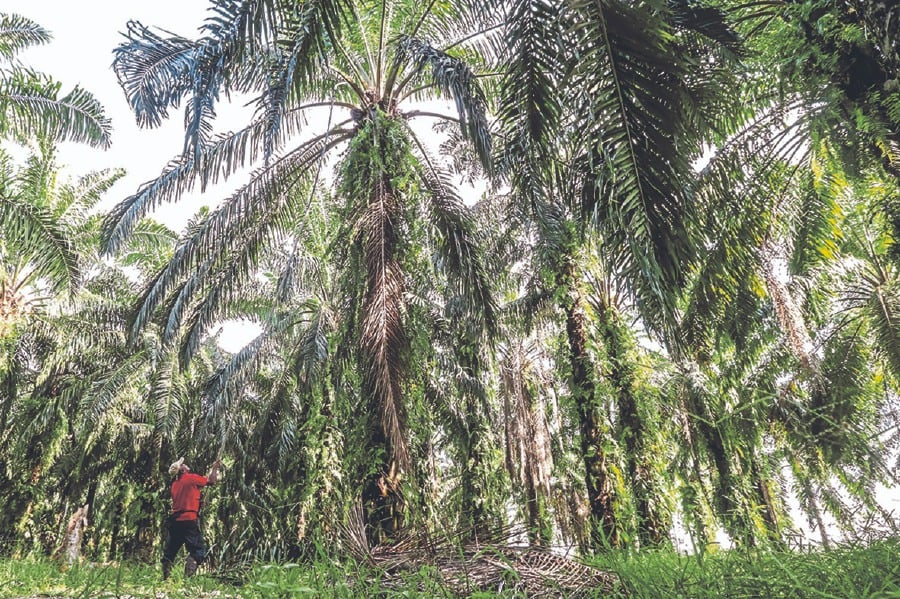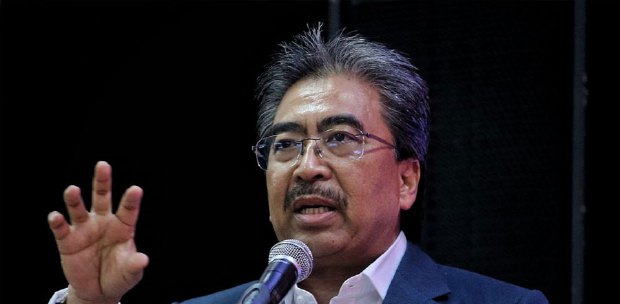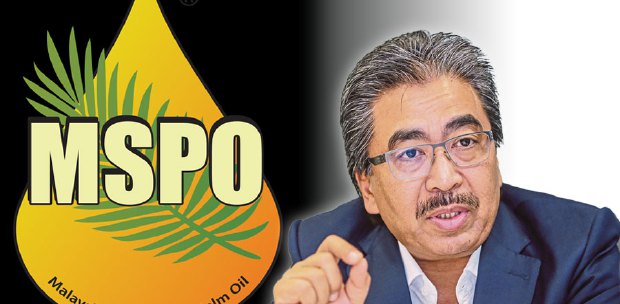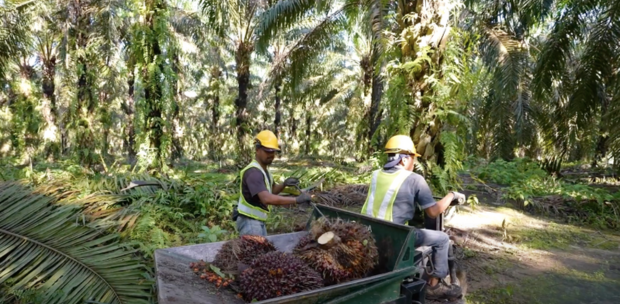LETTERS: Malaysia's mandatory palm oil certification scheme, the Malaysian Sustainable Palm Oil (MSPO), is a world-class standard capable of helping Malaysian exporters and European customers adhere to stringent no-deforestation regulations.
This conclusion emerged from a recent webinar organised by the Malaysian Palm Oil Council (MPOC), featuring experts from the European Forest Institute (EFI), Dr Jossil Murray and Pierre Bois d'Enghien, a leading palm oil and rubber certification expert and the author of the MSPO EUDR gap analysis.
Over recent months, the EFI and Bois d'Enghien have conducted independent assessments of the MSPO standard, concluding that it includes robust requirements for no deforestation, mandatory reporting and auditing.
Bois d'Enghien said: "The MSPO is by any standards a world-class standard for agriculture."
The assessments also evaluated how closely MSPO aligns with the European Union's new Deforestation Regulation (EUDR), a complex regulation imposing new regulatory burdens on seven commodities imported into the EU, including palm oil.
The EUDR aims to reduce the EU's importation of products linked to deforestation, affecting stakeholders in Malaysia's palm oil supply chain.
Companies must provide due diligence statements demonstrating that their products are deforestation-free and specify the geo-location of land plots over 4ha.
Certifications like the MSPO are crucial in helping businesses meet EUDR requirements.
The experts identified a few areas for potential enhancement (referred to as "gaps") to achieve full alignment with the EUDR.
In several aspects, the MSPO was found to be stricter than the EUDR.
For example, the MSPO has more rigorous labour standards and an earlier deforestation cut-off date (2019) compared with the EU regulation (2020).
Conducting these assessments offers Malaysia an opportunity to continuously improve its standards, staying ahead of competitors.
This highlights Malaysia's commitment to sustainable agriculture, independent of EU regulations.
The MSPO was developed several years before the EUDR, driven by the Malaysian government and industry's commitment to mandatory sustainability in the palm oil sector.
Even without the EUDR, the MSPO would continue to enforce stringent sustainability standards.
The MSPO deserves international recognition.
The EU, known for its leadership in environmental regulation, should acknowledge and reward countries like Malaysia that share these environmental commitments.
Recognising the MSPO as a compliance tool for EUDR would reinforce the EU's sustainability goals globally.
This recognition would have immediate benefits for stakeholders.
Malaysian farmers and exporters would face reduced burdens and costs, while European importers would gain assurance of deforestation-free, EUDR-compliant palm oil.
EU leaders would demonstrate a commitment to new partnerships with developing nations, encouraging others to develop strong sustainability standards.
While there is always room for improvement, experts agree that the MSPO is a high-quality standard fostering environmental change.
It deserves recognition for its role in promoting sustainable palm oil.
BELVINDER SRON
Chief executive officer,
Malaysian Palm Oil Council,
Kuala Lumpur
The views expressed in this article are the author's own and do not necessarily reflect those of the New Straits Times





